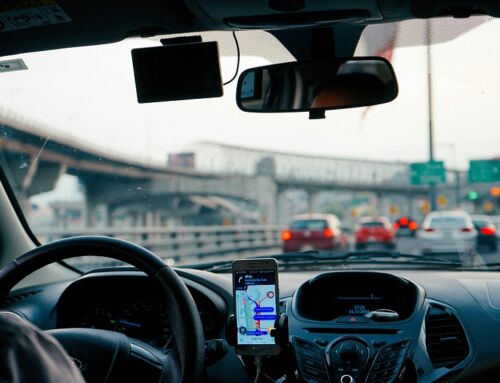Most of the time, if you are injured in an accident with another person, then you can file a claim for damages against the driver. This is a relatively straightforward process as it involves bringing a suit against a private individual.
However, what if you are injured by a driver employed by a company while they are on duty? Would you be able to file a claim against the company and be compensated for damages?
The answer is yes, you may be able to sue that driver’s employer for damages. Suing their employer could mean that your losses are full instead of partially compensated.
When Are Employers Responsible for Their Drivers?
There are a lot of situations in which the company that hired the driver that injured you can be held liable. The simplest case to make for employer liability is If the accident happened while the employee was on schedule and working. For example, if a delivery driver is out on a delivery and hits you, then the employer could be held responsible. Another example would be if a bus driver caused you injury due to negligence. Most of the time, businesses have liability insurance for exactly these kinds of situations.
What about cases when the worker is driving to or going home for work? In these cases, employers are usually not held liable. For example, if an employee is driving home after their shift, or driving to work for their shift and injures you, then the employer usually cannot be held responsible. As a general rule of thumb, employers are not responsible for employees when they are going to and from work. This is called the “going and coming” rule.
There are some cases where this may not be true though. If an employer requires their employee to drive to work so that they can use their car for business purposes during the day, then the employer could be held responsible. For instance, an employer that requires their employee to bring their car to work for sales purposes throughout the day could be held responsible if that employee hit someone on their way to work.
In these sorts of cases, employers can either make an explicit or implicit demand that employees bring their cars to work. The demand is considered implicit if the employer did not explicitly order it, but it would be impossible for the employee to adequately perform their job without having a vehicle at work. Regardless of whether the order is implicit or explicit, if the employee has to have their car to handle work tasks with their vehicle throughout the day, then the employer can be held responsible if they injure you while they are on their way to work.
Wondering whether or not your personal injury case is worth filing? Give Indianapolis Car Accident Lawyers, Hurst Limontes LLC a call today to receive a free consultation.





